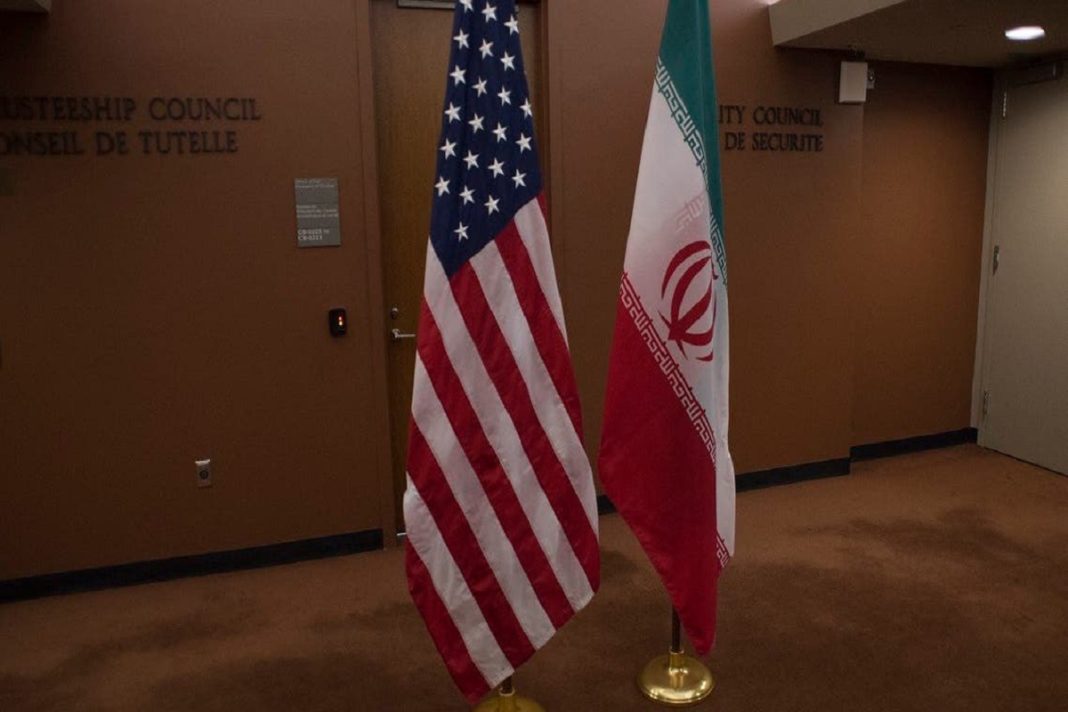Jomhouri-e Eslami argued that negotiations face opposition from two domestic factions: ideological hardliners and “sanctions profiteers” allegedly earning $10-15 billion annually from trade restrictions.
The paper notably highlighted that Israeli prime minister Benjamin Netanyahu and exiled opposition groups fiercely oppose dialogue, suggesting this foreign opposition validates the talks’ merit.
Reformist-leaning Ham Mihan proposed a practical solution, suggesting simultaneous pro- and anti-talks rallies to measure public support, claiming negotiation opponents represent “less than 3%” of citizens despite dominating state media.
The outlet cited former Iranian vice president Mohammad Mokhber’s recent disclosure that Israel allegedly sabotaged two near-complete deals in 2022 and 2023.
The conservative newspaper Khorsan has revealed a nuanced position on Iran-US negotiations, claiming that while the Leader Ayatollah Khamenei has permitted indirect talks, such dialogue remains “undesirable” within his ideological framework.
The paper’s analysis presents a paradox: while confirming the talks occur with the Leader’s authorization – based on “analyzable evidence and statements by senior officials” – it simultaneously argues they contradict his publicly expressed skepticism about negotiations with the US.
The debate emerges as US-Iran talks will start on Saturday in Oman, with Netanyahu’s regime reportedly lobbying Washington against sanctions relief.
